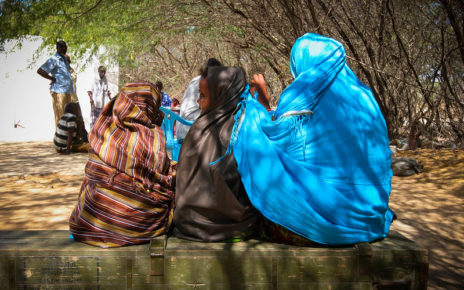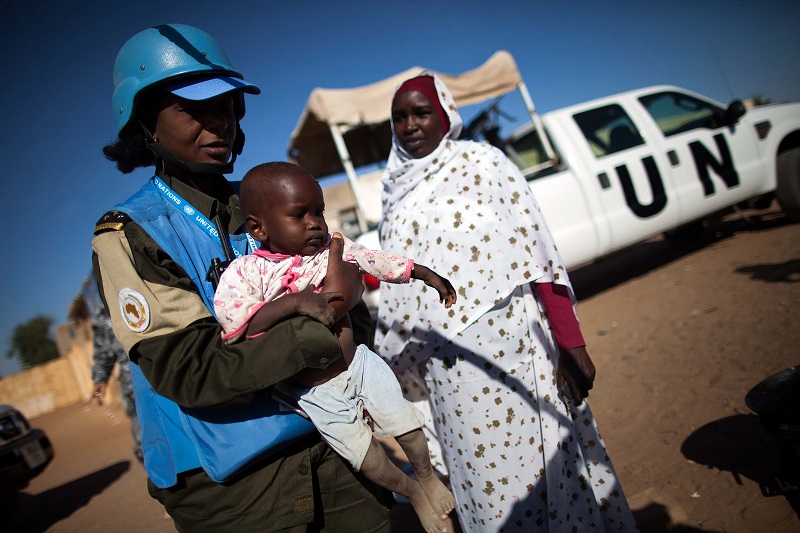The ongoing COVID-19 pandemic has had numerous consequences stretching beyond the public health domain. The near-global economic recession is a media-prominent example. However, a lesser known externality associated with the pandemic has been the increased incidence of gender-based violence (GBV). Though the data is nascent, initial reports from the UNDP suggest that this increase has been a global phenomenon, with Argentina, France, Cyprus, and Singapore all demonstrating increases in reports, calls, or cases of domestic violence against women by greater than 25%. The same report also notes that increased cases have been reported in Germany, Spain, the United Kingdom, the United States, and Canada. This article analyzes the relationship between COVID-19 and GBV, while highlighting measures which suggest that this GBV flashpoint can serve as an opportunity to increase the effectiveness of GBV-reducing interventions.
The main link between domestic violence against women and the pandemic is that more time at home spent with an abusive partner or parents increases the likelihood for violence to occur. With billions under lockdown and mobility severely restricted, the increase was inevitable. Yet, it is not solely restricted mobility which exacerbates this GBV. Due to lockdowns, many services which normally provide services to vulnerable women are unable to operate. School closures have further contributed to GBV against girls. Due to a multitude of factors such as lower access to technology and household workload burden, school closures are likely to result in an increase in unplanned pregnancy, forced marriage, and violence, with the former two being causally linked to GBV. However, the unprecedented nature of the COVID-19 Pandemic, combined with the large amount of state-led economic and social interventions to combat its consequences, leave several potential opportunities for actions against GBV.
Canada, which has reported an increase in GBV of 20-30% since lockdown began, has taken action. 40$ million has been given to provide women’s shelters with the resources to handle an increase in women fleeing GBV, with 10$ million going towards indigenous programs. This program will ensure that facilities stay open despite mobility restrictions which is imperative for reducing GBV. In France, the Government announced it would pay for 20,000 hotel rooms while implementing 20 counselling centers across the country for vulnerable women, to compensate for the fact that many support centers have closed.
In developing countries, where NGOs and International Organizations (IOs) are typically responsible for GBV – reducing interventions, the pandemic-induced need for a massive humanitarian response presents the opportunity for GBV and women’s livelihood to be mainstreamed. For example, the UNDP, the development arm of the United Nations, has multiple actions and strategies to prevent and address GBV, depending on the need. One strategy includes providing capacity building services to ongoing government initiatives, such as supporting the Government of Bangladesh in providing a hotline for receiving human rights complaints. Another strategy is UNDP managed projects, such as the establishment of virtual platforms to support vulnerable women in Mexico or development of neighborhood watch systems in Somalia. Should these measures prove effective, it is likely that they will remain a development priority well after the pandemic has passed.
The COVID-19 pandemic presents a massive threat to the livelihood of women globally and the impact has already been observed. Yet, in comparison with other societal impacts of the pandemic, it has been relatively under reported in mainstream media. Interventions by drastic interventions by governments and development organizations have attempted to reduce the impact of COVID-19 on GBV, which brings hope that these efforts can be mainstreamed into future programming.
Cover Image: “Mass protest against violence against women in Buenos Aires in 2015” (2015), by Jaluj via Wikimedia Commons. Licensed under CC BY-SA 4.0
Disclaimer: Any views or opinions expressed in articles are solely those of the authors and do not necessarily represent the views of the NATO Association of Canada.




